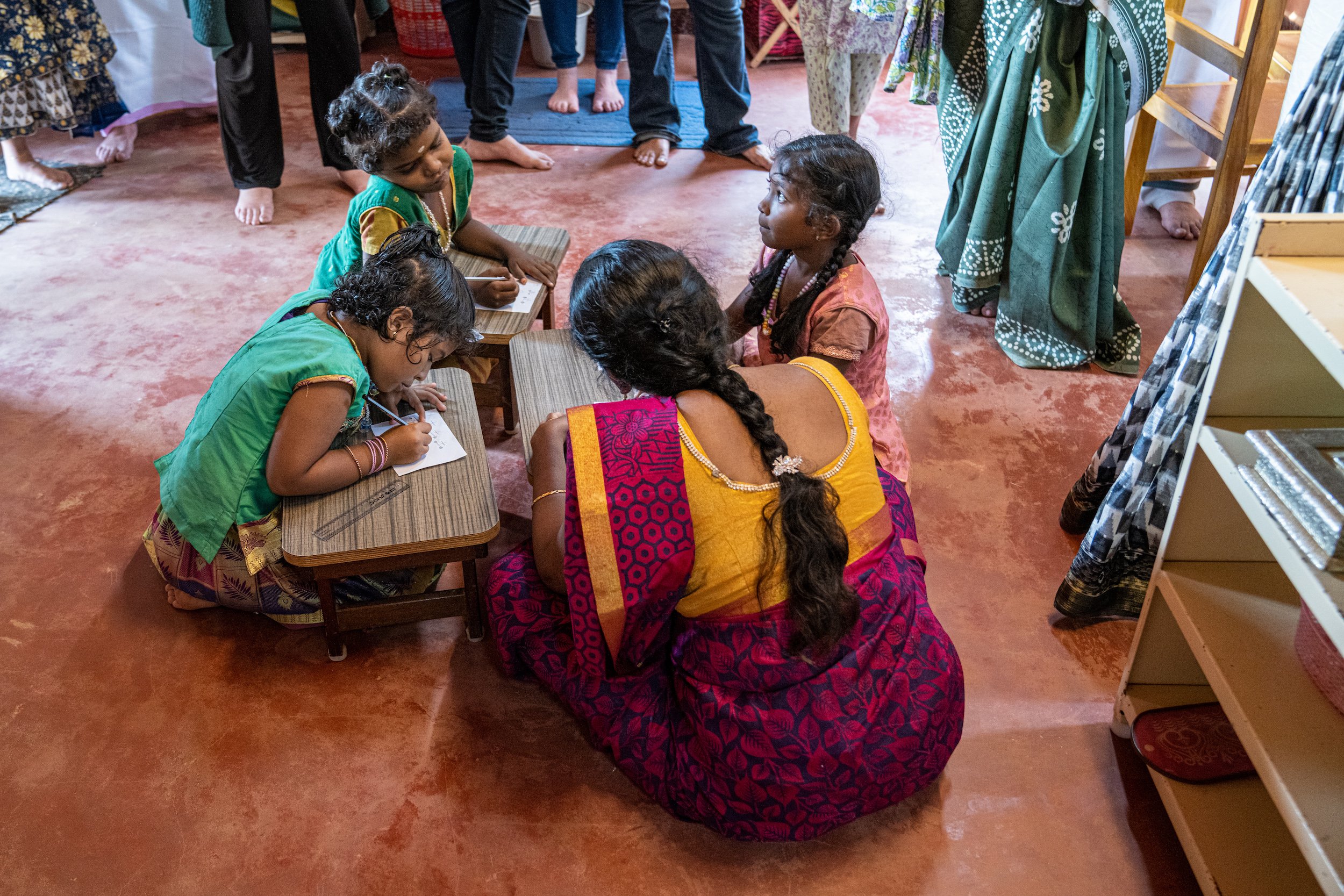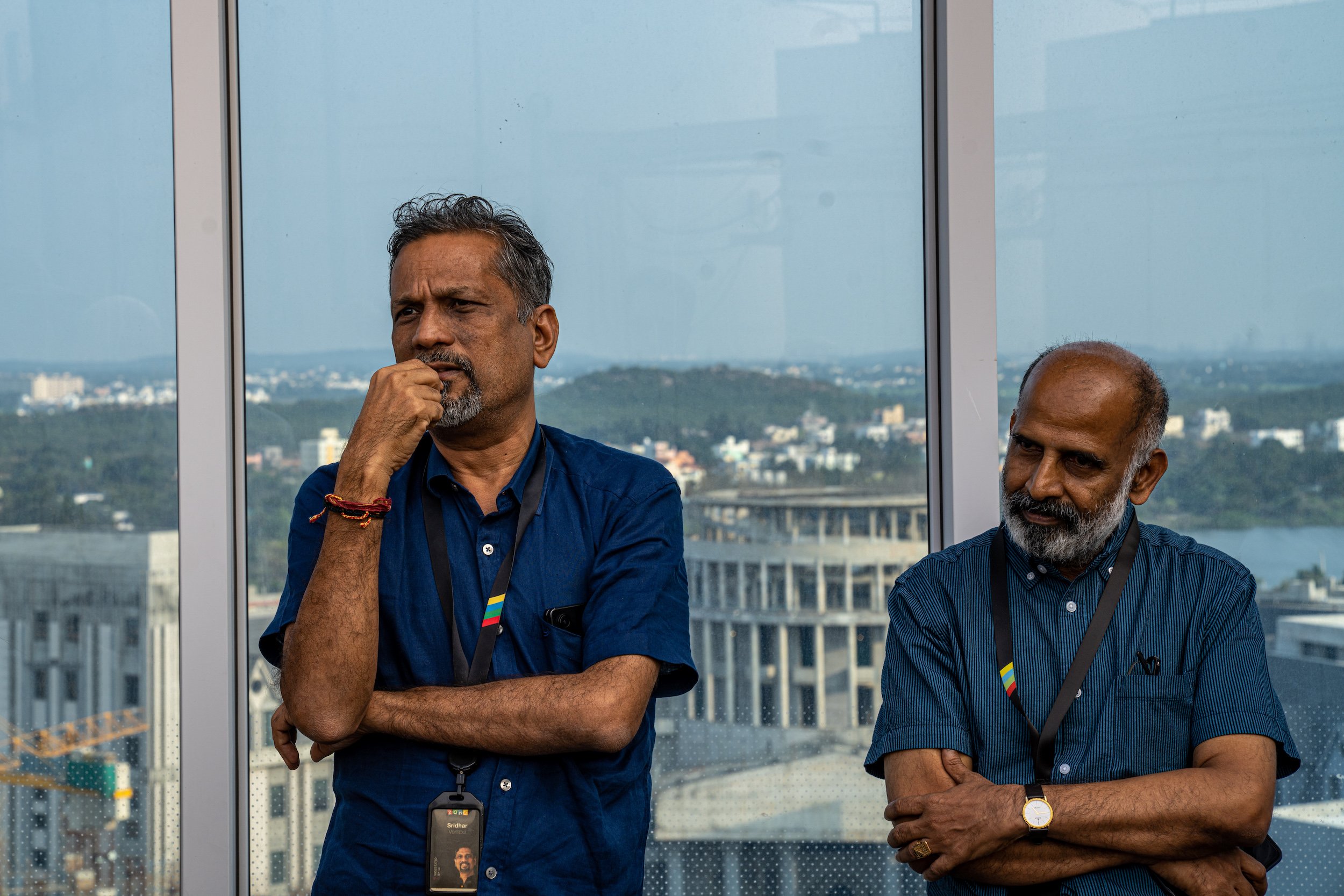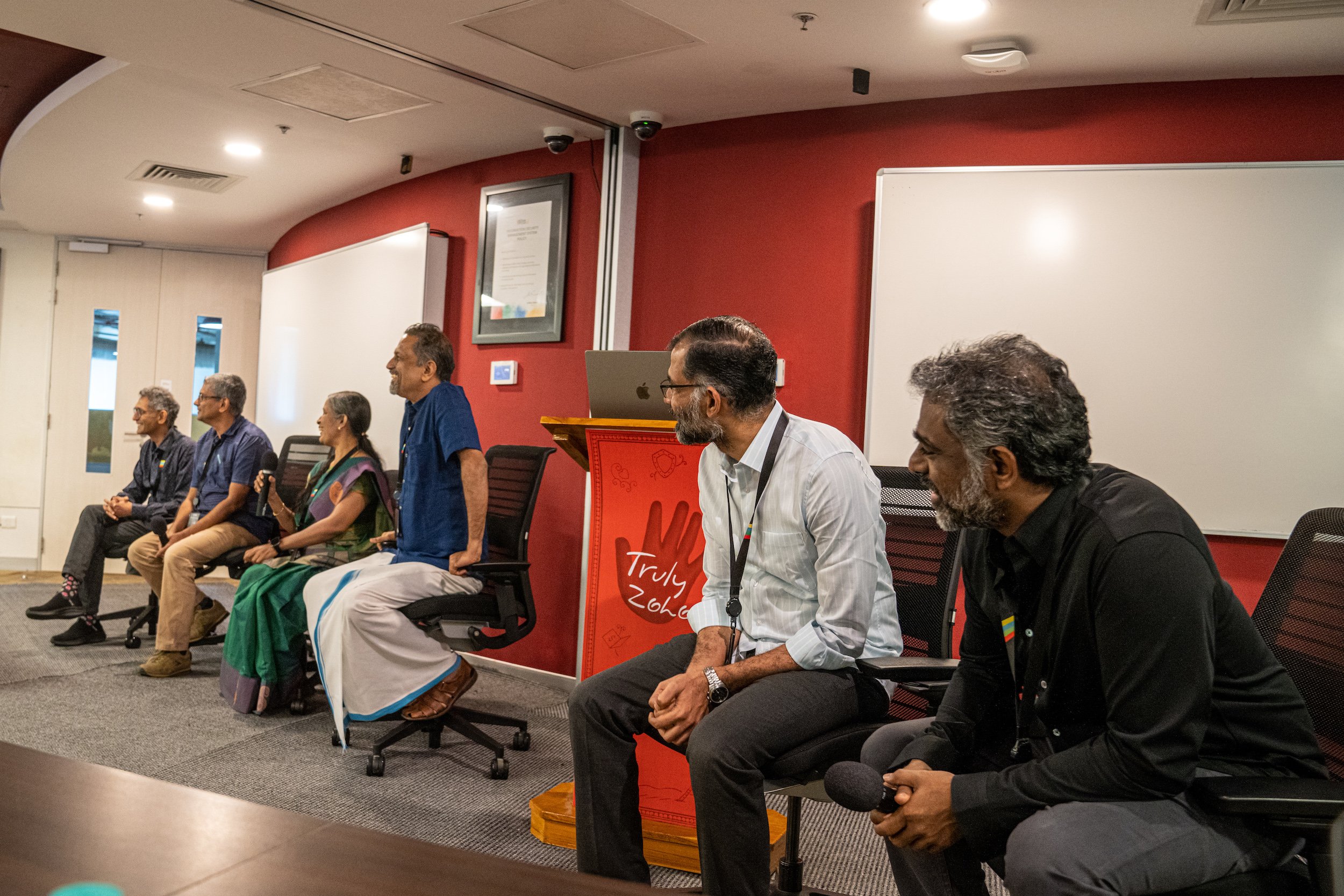Truly Zoho
And we went to India… Sometimes the only way to really understand a thing, is to see it in its most natural context. I’ve known Zoho and (at least part of) its unusual culture and business approach for many years. The narrative; Indian startup, no outside investments so completely bootstrapped, private, a wide variety of SaaS products that work across the whole business and are very attractively priced, employee focused and dedicated to giving back to the communities in which it operates. It’s an interesting story and just on its face, unique in a tech world that is funded by venture capital and private equity, obsessed with growth over anything else and with an ultimate goal of entering the public markets or another “big money” exit. As I would eventually learn, what I didn’t know (or maybe the word is “understand”) about Zoho was fairly significant. The event, Truly Zoho, is aptly named, and brought ~15 analysts who have covered Zoho for many years to its Chennai HQ, with a short visit to Tenkasi at the end of the week.
The past few months have been tough across the tech industry. The soft economy along with what is presented as some overhiring during the pandemic, have led many leading tech companies to lay off a portion of their workforce. Many of those layoffs were somewhat brutally announced, although a few handled it with empathy and shared some of the pain with its executive team (Zoom under Eric Yuan, for example). There are a lot of factors that drive this very predictable behavior, including short term quarter-to-quarter mindset as a result of public markets / stockholder pressure (or for private companies, investor pressure), strategic overreactions from fear of missing out (FOMO), growth “at all costs” attitude and a number of other factors. That’s not the point of this post though, so I’ll save this for another time. My point though, is that Zoho has a firm commitment not to lay people off (and in its 25+ yr history never has) that is tied up in its overall strategy of focusing on the long view of its business. More on that later.
The Zoho Corp
Zoho is a 27 year old private Indian corporation that provides a broad suite of integrated cloud-based business applications. Some stats:
+$1B USD revenue 2022
80M+ users
11K+ Employees worldwide
Worldwide HQ Chennai, India
50+ business applications spanning everything from productivity to customer experience, underpinned by a platform and tools set that supports no code / low code custom applications, workflow, and artificial intelligence (AI).
Customers span small business to large enterprise.
Global presence with officers in the India, USA, Mexico, Canada, China, Singapore, Australia, Japan, Saudi Arabia, UAE, South Africa and Brazil serving 150+ countries.
2K+ worldwide partner ecosystem
Operate the full stack in Zoho owned data centers (12) around the world, and in a few areas leased infrastructure to provide more geographic presence due to local regulations on data residency.
The numbers don’t tell the whole story, but they do show that you can scale a bootstrapped company to $1B+ in revenue maintaining profitability along the way. That accomplishment alone is noteworthy, but the point of our visit was to dig deeper into what makes Zoho unique. That uniqueness permeates everything that Zoho is, something I only started to understand when I saw it directly and in the proper context. They like to think of it as capitalism done differently, an opinion that I now share.
Zoho CEO and Co-founder Shridhar Vembu overlooking the new Zoho HQ currently under construction in Chennai
Operations and Innovation
Zoho’s uniqueness starts with the way it runs its operations. Organizationally the company structure is quite flat, with limited “middle management”, and titles are generally not emphasized. By design, decisions are made as close to the point of impact as possible. The practice is so engrained in the Zoho culture that there’s a specific title for the employee that owns the decisions and project, the “directly responsible individual” (DRI). This distributed model builds employee trust and empowerment and is a likely contributor to the long tenure that you observe among Zoho employees.
Innovation is core to a successful tech company, and at Zoho it is highly encouraged. The approach is individualized, the DRI proposes an idea and if approved for investment it is first proven out as an “experiment”, adjusted based on the results of the experiment and, if successful rolled out more broadly. There are experiments running nearly all the time, and these have resulted in many of the current products, product improvements, operational improvements and even new businesses.
Zoho Executive Team
Investing in People and Communities
Zoho demonstrates a deep commitment to its employees, a feeling that seems mutual from the employees I’ve met. Demonstrating commitment is more than calling your employees “family” or offering a few perks. Zoho has perks of course, it’s sort of a tradition at leading tech companies, although it seems like a bit more than just checking it off a list. The campus has several cafeterias where we joined the employees for lunch. They serve meals and snacks all day, all at no cost to the employee. Healthcare is front and center with onsite clinics, a full medical staff and currently under construction 200 bed hospital on the Chennai campus. This apparently grew out of Zoho’s efforts to help employees and families during the pandemic, when they used their offices to deliver critical care including having a ready supply of oxygen on hand.
“Transnational localism”, that’s what Zoho calls its philosophy. The concept, built off the fact that there are talented people across the world that lack access to the right opportunity plus the collective experience of remote work during the pandemic, is a systematic way to match opportunity to talent. Just like its approach to decision making, Zoho is decentralizing its offices with a hub and spoke model. In India, for example, Chennai is the hub and one of the spokes is Tenkasi (more on Tenkasi later). In the US, Austin is the hub and two of the spokes are New Braunfels, TX and Bastrop, TX. This model can be applied to any location to provide local opportunity, open up Zoho recruiting to more locations and talent, reduce commute times while increasing quality of life (access to more a affordable cost of living, less time away from family, etc.) and build mutually beneficial employment relationships.
For rapidly growing tech companies the search for talent is never ending. Transnational localism is designed to help accessing a broader base of talent but it’s not the only program that Zoho uses to find the needed talent. Another Zoho concept, “don’t separate the creation of the product from the creation of the talent” led to a broad program called Zoho Schools of Learning. The underlying belief that college isn’t the only path to a successful tech career is a long held belief, with the company removing the college requirement from hiring in 2004. The education programs that they now have in place under Zoho Schools of Learning provide an experiential, hands on approach to learning the skills needed to be successful. The programs are very selective with an entrance exam and interviews. In exchange Zoho offers a 2 year program that includes a monthly stipend and a job guarantee on completion. There are 4 schools in this program, School of Technology, School of Design, School of Business and School of Advanced Studies. There are 2 additional programs, the School for Graduate Studies, which is a 3 month intensive course designed for college graduates to help bridge the transition from academia to a business career; and a program called Marupadi. Marupadi, a Tamil word that means “again”, is a program for women with more than 2 years of tech business experience, that have been out of the workforce due to family commitments. The 3 month program offers 3 paths, software development, software testing and technical writing with a job guarantee on successful completion. All programs are a combination of classroom and direct internship. For the 2 year programs the students spend 1 year in the classroom and 1 years as an apprentice.
One of the “spoke” communities in India is Tenkasi; the site of the 2nd largest Zoho office in India, and also the company farm and one of its local schools. While Tenkasi is an example of the transnational localism approach, it goes a bit farther that a spoke office with its other facilities and activities. Zoho local school program is designed for children ages 3 to 18 (high school graduate), and takes students from the surrounding villages where there is a lack of both education and opportunity. The program covers all the “normal” skills, math, science, history, language, etc. and also adds in other experiences like yoga, dance and self-defense. Some graduates of this program apply and go on to the Zoho Schools of Learning program. Others take the entrepreneurial skills learned in the school and open small, local businesses. Here are a few pics from that visit:











Tenkasi is also the site of the Zoho farm. Why does a large tech company have a farm? This is another “experiment”, this time one in sustainable, regenerative farming. The farm raises organic crops that are then sold back to Zoho for its office cafeterias. The farm and school are collocated. Zoho CEO and co-founder Shridhar Vembu spends much of his time at this location.
Of course there no way I can cover everything we experienced during the 8 day visit, but hopefully this gives a view into what makes Zoho a unique tech company. The last thing I will mention is the company’s commitment to sustainability. The Chennai campus is powered by a solar farm, for example. The farm uses sustainable farming techniques and there’s no plastic in use, even in the cafeteria where bamboo utensils are the norm. And yes, I didn’t really talk about the products, which is certainly different than most posts. The trip and the experiences were designed to show the unique culture and approach to business in general, as well as Zoho’s commitment to its employees, communities and products.
Disclaimer: Zoho Corp is an Arion Research client and provides complimentary access to the Zoho One Suite




